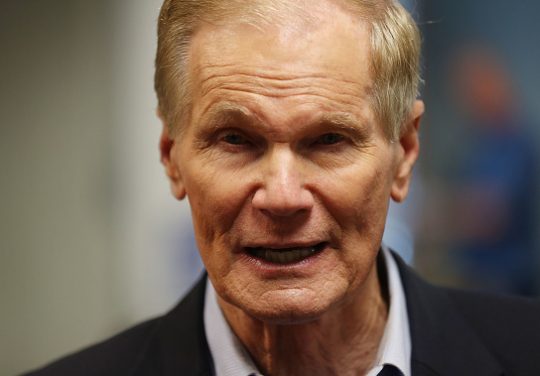Sen. Bill Nelson (D., Fla.) said during a campaign event Sunday that the current political climate in the United States is similar to that of Rwanda prior to the genocide that resulted in the death of an estimated 800,000 people in the 1990s.
While describing his wife's relationship with Rwanda's first lady, Jeannette Kagame, he said tribalism has penetrated U.S. politics to a dangerous degree and referred to the Rwandan genocide as "instructive to Americans," CNN reports.
"When a place gets so tribal that the two tribes won't have anything to do with each other ... that jealousy turns into hate," Nelson said during an event at Covenant Missionary Baptist Church in Florida City, Florida. "And we saw what happened to the Hutus and the Tutsis in Rwanda, it turned into a genocide. A million-people hacked to death within a few months. And we have got to watch what's happening here."
The Rwandan genocide "is considered one of the worst mass slaughters in human history," CNN notes, with an estimated 800,000 civilians killed over three months in 1994.
Nelson's comments came in the midst of several acts of violence recently perpetrated in the United States. Over the weekend, 11 people were killed at Tree of Life synagogue in Pittsburgh. Last week, a Florida man was arrested for sending pipe bombs to prominent Democratic politicians and critics of the Trump administration.
Nelson is on the ballot in the 2018 midterm elections and faces a close race against Florida Gov. Rick Scott (R.). RealClearPolitics rates the race a "Toss Up."
Dan McLaughlin, Nelson's campaign spokesman, said the senator's remarks were meant to illustrate a worst case scenario.
"Sen. Nelson and his wife, Grace, have spoken about events in Rwanda for years, because of his wife's personal relationships there and his own trip to the country. He uses Rwanda as an extreme example of what could happen when a nation becomes totally divided. He wasn't likening the current political climate in America to what was happening right before the Rwandan genocide," McLaughlin said.
